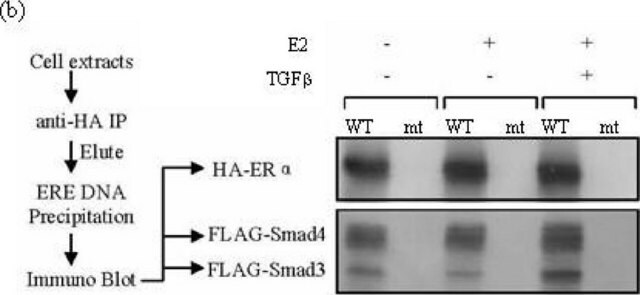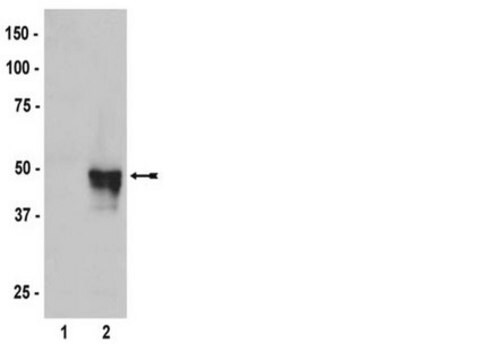A5477
Anti-HA monoclonal
clone HA-7, purified from hybridoma cell culture
Sinónimos:
Anti-HA, Hemaglutinina anti-gripal
About This Item
Productos recomendados
biological source
mouse
conjugate
alkaline phosphatase conjugate
antibody form
purified from hybridoma cell culture
antibody product type
primary antibodies
clone
HA-7, monoclonal
form
buffered aqueous glycerol solution
technique(s)
western blot: 1:4,000 using extracts of mammalian cells expressing HA tagged fusion proteins
shipped in
wet ice
storage temp.
2-8°C
¿Está buscando productos similares? Visita Guía de comparación de productos
General description
Specificity
Immunogen
Application
Biochem/physiol Actions
Physical form
Storage and Stability
Disclaimer
¿No encuentra el producto adecuado?
Pruebe nuestro Herramienta de selección de productos.
Storage Class
10 - Combustible liquids
Elija entre una de las versiones más recientes:
¿Ya tiene este producto?
Encuentre la documentación para los productos que ha comprado recientemente en la Biblioteca de documentos.
Nuestro equipo de científicos tiene experiencia en todas las áreas de investigación: Ciencias de la vida, Ciencia de los materiales, Síntesis química, Cromatografía, Analítica y muchas otras.
Póngase en contacto con el Servicio técnico







